Spot the CRT/DEI agenda in these courses offered to West Point cadets in 2025 who choose, for whatever unknown reason, to minor in “Diversity and Inclusion” at a warfighting military academy.
2025 Diversity and Inclusion Studies Minor Tracks
“Essential Courses: Cadets pursuing the DIS Minor are expected to conduct directed research on diversity and inclusion topics in the essential courses.”
Includes:
EN352: POWER AND DIFFERENCE
This course examines the complex relationship between language and power through in-depth study of texts. The course focus may include but is not limited to Indigenous literature, Asian-American literature, African-American literature, and LGBTQ literature.
PL377: SOCIAL INEQUALITY
Cadets are introduced to several theoretical perspectives intended to explain the structure of social stratification in the United States. The course examines the state of social inequality in the United States, with a focus on social class, integration, mobility, and equality of opportunity. Cadets explore individual and structural perspectives of social inequality. Cadets evaluate social issues, policies, and programs intended to influence social inequality. Throughout the course, cadets discuss the relevance of class, race, ethnicity, and gender on social opportunity and inequality.
HI398: CIVIL RIGHTS IN AMER HIST
This course examines the history of civil rights and the Civil Rights Movement in America from 1865 to the present, focusing on the earliest efforts to achieve civil rights for African Americans and the constant evolution of those efforts. This course focuses on the political, economic, and social issues that shaped understandings about civil rights, citizenship, race, class and gender, enriching the understanding of the fight for Civil Rights in American History beyond the Civil Rights Movement of the 1950s and 1960s. While this course will focus primarily on African American civil rights and civil rights movements in American history, various other civil rights movements may be included for comparative analysis. Accordingly, this course will historicize issues related to race, ethnicity, and gender in ways that will better prepare future officers to lead in the modern Army.
HI461: TOPICS IN GENDER HISTORY
This course examines the development of gender relations, concepts, and roles in historical perspective. Topics may include gender in the military and warfare, the European experience, the American experience, or international comparisons of gender. This course will include an exploration of the way in which history has been written; including examining the changing interpretations, traditions, methods, and frameworks of historians.
HI463: RACE, ETHNICITY, NATION
We use the words ethnicity, race, and nation constantly, but what do these terms really mean? Why are people willing to kill or persecute each other in the name of these ideas? The course will allow cadets to investigate the development of the concepts of ethnicity, race, and nation. They will examine modern conditions such as the Enlightenment, science, the growth of the state, Social Darwinism, and imperialism, and study why these conditions gave rise to diverse but overlapping methods of creating boundaries and defining difference. Although the main focus of the course will be on Europe, the application of these ideas in a variety of global settings – on other continents – will be considered throughout the course. This course will include an exploration of the way in which history has been written; including examining the changing interpretations, traditions, methods, and frameworks of historians.
LW199: CIVIL RIGHTS STAFF RIDE
Diversity is of critical importance to our nation and our Army. This course uses the law and history in an interdisciplinary study of the Civil Rights Movement in the United States to gain appreciation for and understanding of diversity. The course includes a week in the classroom and a two-week staff ride (which will count as an AIAD).
LW461: CIVIL RIGHTS AND THE LAW
Equal protection is an important aspect of the rule of law, and underlies the American approach to justice. This course uses case law to explore the struggle for civil rights in the United States by those discriminated against based on race, religion, national origin, gender, and sexual orientation. The course will focus on legal decisions that empowered change and the movement toward equality, as well as an understanding of the importance of diversity.
EV390B: URBAN GEOGRAPHY
This course examines the location, function, structure, growth and interaction of urban areas. Spatial techniques are used to explore the internal attributes of cities, as well as their connectivity to other places. While the primary focus is on urbanization in the United States, primate cities abroad are often used for comparative purposes. Emphasis is placed on contemporary urban problems, particularly environmental issues and social disparities.
PL371: INTRODUCTORY SOCIOLOGY
Sociology is the scientific study of society and the interactions among humans. The goal of Introductory Sociology is to provide a survey of the field of sociology and educate and inspire cadets to examine contemporary situations that involve social interaction and use sociological concepts, theories, and research to explain what is taking place, identify social threads and patterns across the situations, and determine the personal as well as the social significance of their analysis. Sociology demands that the student transcend the taken-for-granted, subjective world view and develop a sociological imagination by revealing the linkages and relationships among social facts and connect public issues to self awareness. PL371 is a survey course with the identification of common threads across social situations, and determining the self and social significance of facts. The teaching and learning strategy involves reading, writing, discussions, presentations, and other active-learning, hands and heads-on projects.
PL384: SOCIOLOGICAL THEORY
Sociological theory is a set of interrelated ideas that allow for the systemization of knowledge of the social world, the explanation of that world, and predictions about the future of the world. In some ways, all of us are amateur theorists, interpreting the meanings of the events and encounters that shape the world and ourselves. In PL384 cadets will learn in-depth how theories can help make sense of our times and to choose courses of action to realize our collective and individual dreams. In this course, theory is brought down-to-earth, to show how a sociological imagination (in other words, a theoretical consciousness that embraces self-awareness) is valuable to self and society. Questions like “Are families disintegrating?” “Why are some people discriminated against?” “What accounts for the crime rate?” “Are religion and economics compatible?” “Why is the sexual division of labor so persistent?” “Are wars inevitable?” can be addressed. Theories are thus tentative answers to the questions that preoccupy us as members of families, professions, communities, nations and, increasingly, as global citizens.
SS381: CULTURAL/POLIT ANTHROPOLOGY
SS381 focuses on people and explores how a group’s cultural patterns shape behaviors, identity, and social and political structures. By its holistic nature, a goal of anthropology is to understand human nature, social interactions and explore the origins of modern political organizations. The discipline explores cultural variation within and among societies, regarding many issues including race, ethnicity, class, gender, sexuality and nationality. Students also examine the sub-discipline of applied anthropology which seeks to solve contemporary social and political problems such as ethnic conflict.
XH415: GENOCIDE AND MASS ATROCITY
This is a multi-disciplinary course administered through the Center for Holocaust and Genocide Studies. It is a multi-disciplinary attempt to understand the dynamics which produce mass atrocity. Cadets will learn of the causes, course, and consequences of selected genocides, examining the processes that led to genocide, with a particular focus on the roles played by militaries. The course opens with the intellectual theories about the phenomena of ethnic cleansing and genocide. It will then move to the analysis of how ethnic cleansing and genocide are tied to conflict and militaries. Drawing from a variety of scholarly disciplines and methodologies, cadets will investigate the moral, legal, historical, and diplomatic problems these terms pose. For the remainder of the course, cadets will examine more directly the case studies of specific incidences of ethnic cleansing and genocide. These case studies will vary year-to-year, but they will include at least two examples of ethnic cleansing or genocide on the American frontier, in German Southwest Africa, the Ottoman Empire, the Soviet Union, Rwanda, Cambodia, Yugoslavia, China and in Europe. Cadets will study primary sources, films, documentaries, testimonies, and propaganda. All iterations of the course will consider the development of Western mass politics and the emergence of racial nationalism and new imperialism in late 19th century Europe.
Not included but under other majors:
HI410: VIOLENCE/SEX: CULTRL HIST WAR
HI410 addresses war as something much more complex, unpredictable, and fundamentally human than the rational instrument of policy described in Carl von Clausewitz’s On War. It seeks to understand war’s objective elements including but not limited to those stemming from biology, psychology, technology, military institutional behavior, and disparate human cultural traditions while also looking how we describe and remember war subjectively through history, literature, film, and other cultural artifacts.
“Firstie Projects”
“Project Names”
Professor of Sociology and the Co-Chair of West Point’s Diversity & Inclusion Studies Minor
https://www.westpoint.edu/behavioral-sciences-and-leadership/profile/morten_ender


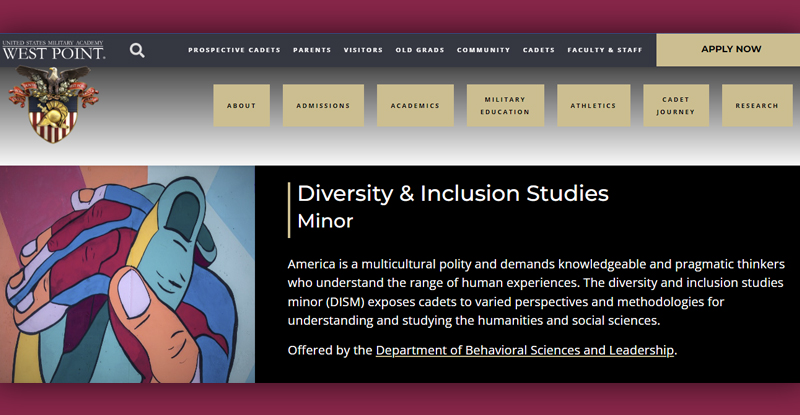
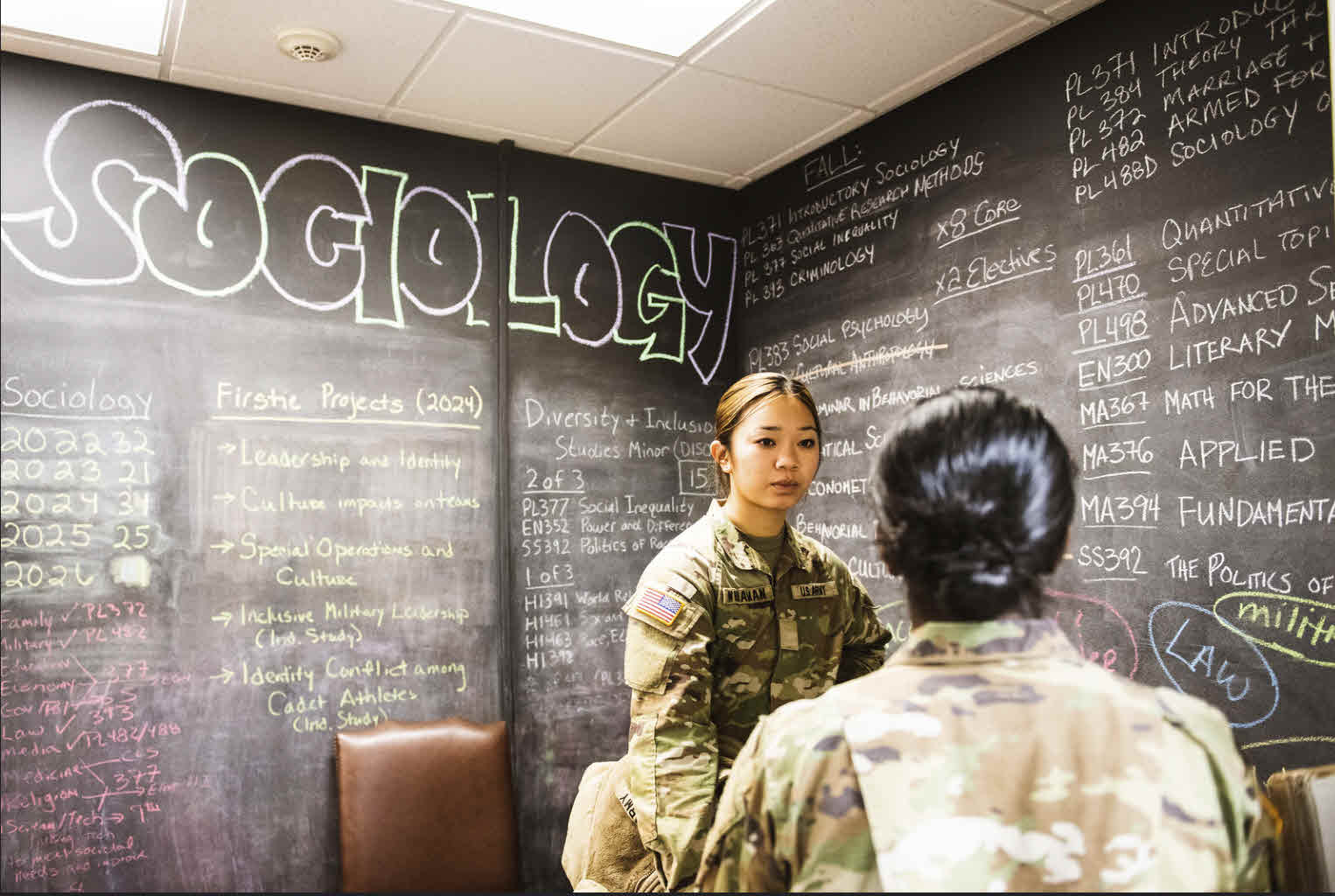
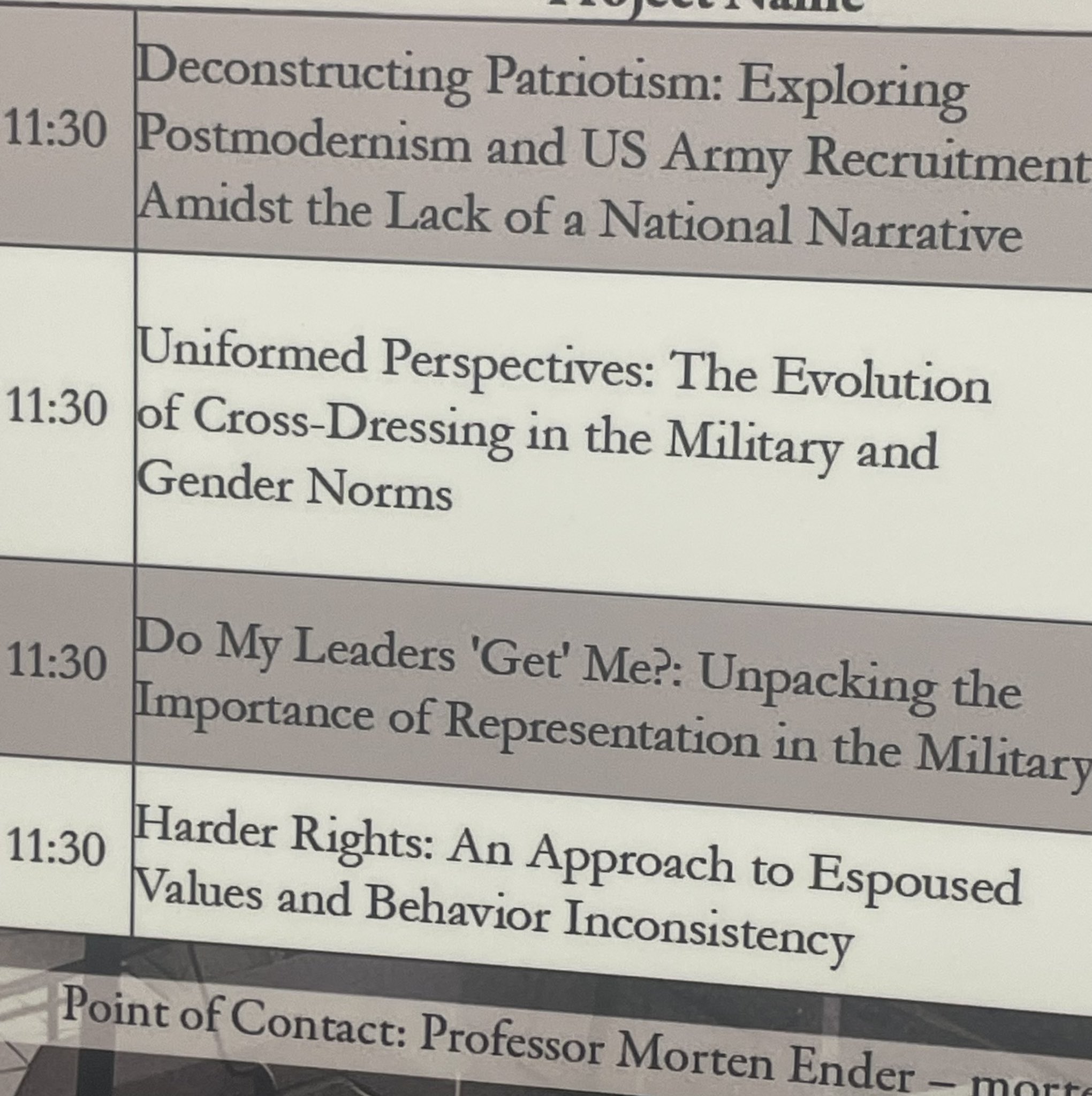


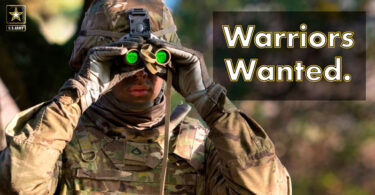
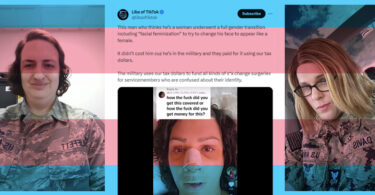


Leave a Comment